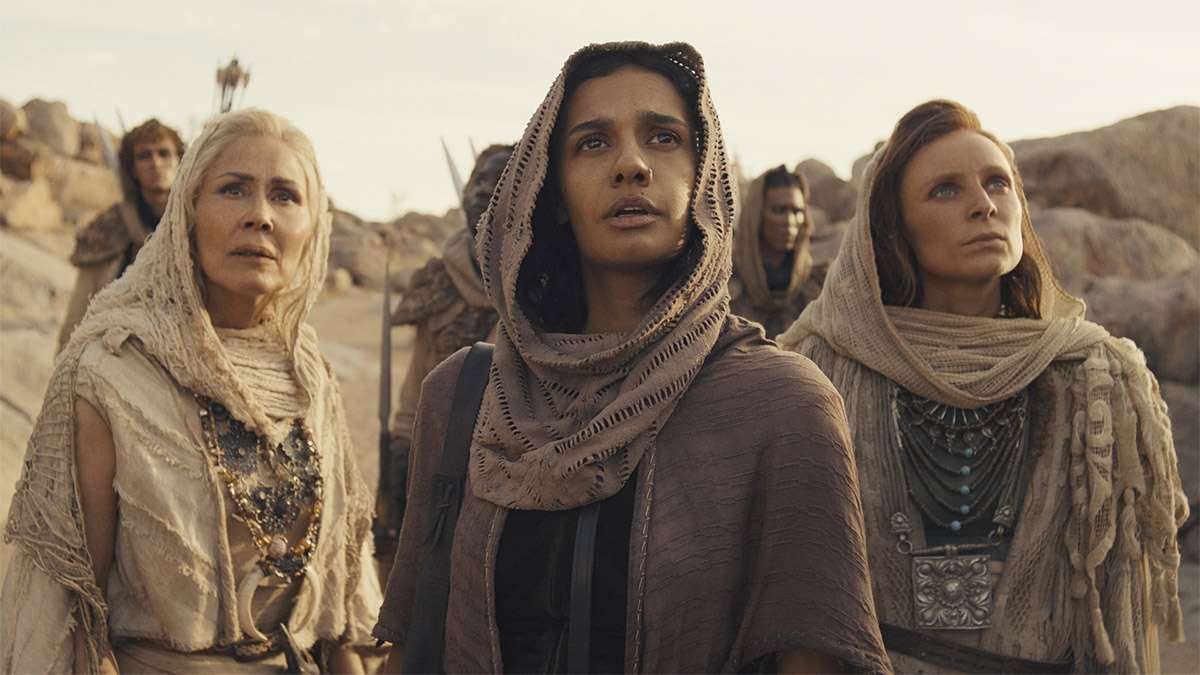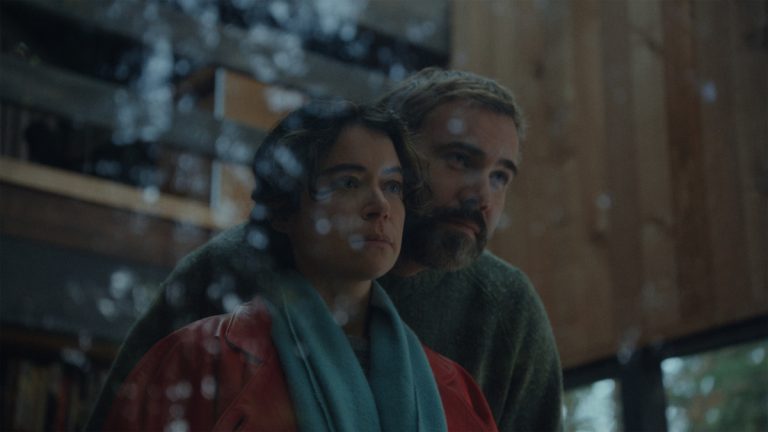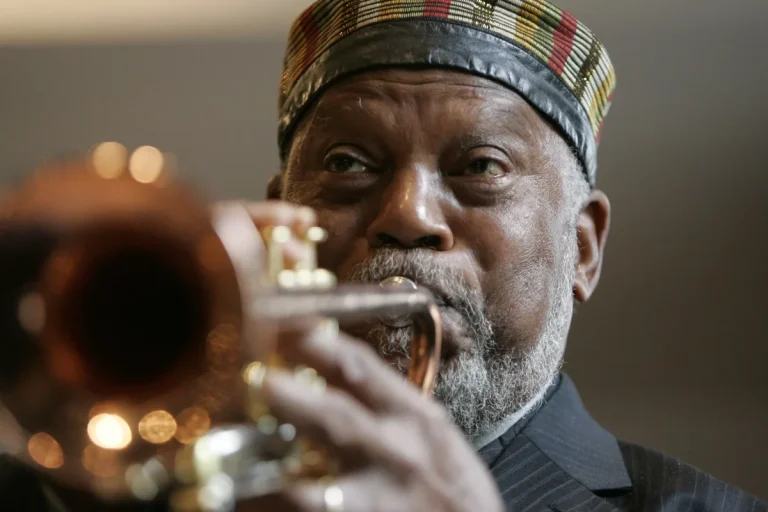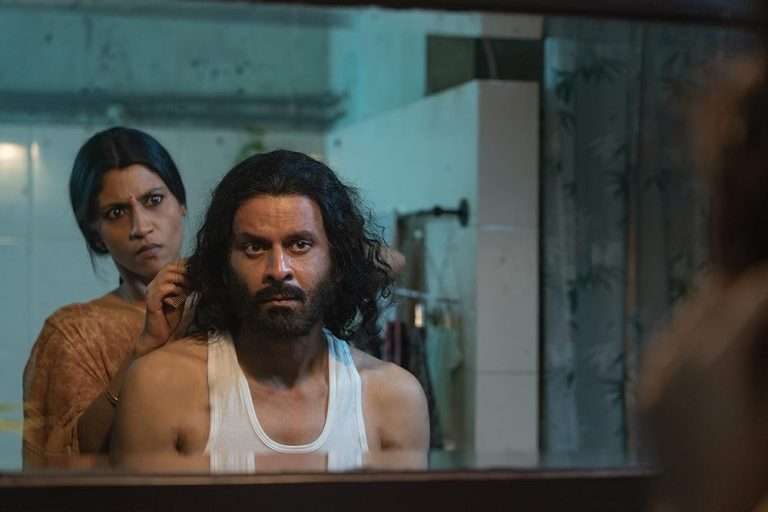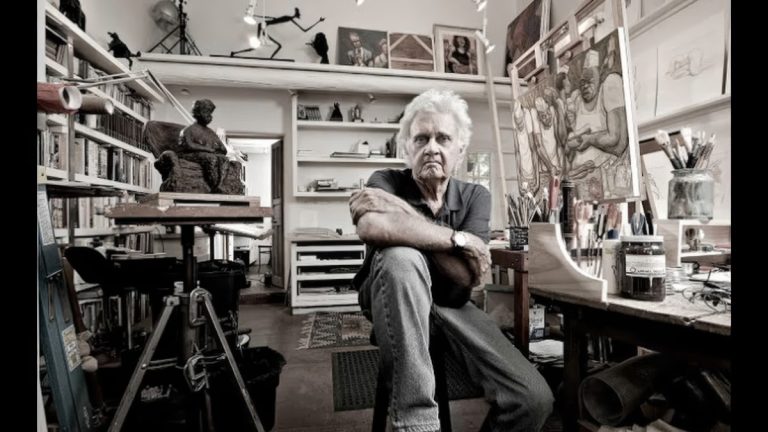The Wheel of Time is one of the most ambitious fantasy series to ever hit television – a captivating tale of magic, prophecy, war, and rebirth, adapted from Robert Jordan’s bestselling book saga. Set in a richly layered world where time is cyclical and power flows through those known as channelers, the story follows five villagers from the quiet town of Emond’s Field who are swept into a global power struggle that could reshape existence itself.
At the heart of it all is Rand al’Thor, a young man destined to become the Dragon Reborn – a man prophesied to save or break the world. That said, this isn’t just Rand’s journey. The series branches into the lives of strong-willed characters like Nynaeve, Mat, Egwene, and Perrin, each with their own path, purpose, and painful transformation.
Guided and sometimes manipulated by Moiraine Damodred, a powerful Aes Sedai with secrets of her own, these characters navigate a world drenched in ancient lore, political intrigue, and ever-looming darkness.
Unlike many fantasy epics, The Wheel of Time blends Western hero myths with Eastern philosophical themes, especially the idea that history repeats itself in endless cycles. It’s a show about destiny, yes – but also about choice, identity, and the cost of power. And by Season 3, that foundation begins to fully pay off.
There’s a rhythm to The Wheel of Time that finally feels earned. By its third season, the Amazon fantasy epic has stopped trying to prove itself and simply gets on with the business of being both grand and deeply personal. This is the most confident the show has ever been – not just in how it looks or how it moves, but in how it feels.
Season 3 doesn’t waste any time recapping. It throws us straight into the storyline, as if to say: “You’re either in or you’re not.” That works surprisingly well. The foundations laid over the last two seasons – the tangled worldbuilding, the character hesitations, the slow-burning trauma – all come to life in sharper, more urgent ways. And this time, the emotional payoff hits harder.
Adaptation-wise, this season weaves together elements from The Dragon Reborn, The Shadow Rising, and The Fires of Heaven. It takes bold liberties, rearranging arcs and trimming fat, but it does so with purpose. The result is a tightly plotted, thematically rich season that understands both spectacle and stillness. Most importantly, it dares to evolve.
The Rise of the Dragon and Everyone Around Him
Josha Stradowski, as Rand al’Thor, is no longer playing the unsure farm boy running from fate. He’s now leaning into it with frightening conviction. There’s fire in his eyes, especially during quieter scenes, that explodes only when absolutely necessary. His journey to the Aiel Wastes to raise an army feels like more than strategy – it’s survival, purpose, and penance all at once.
But the brilliance of Season 3 lies in how it lets Rand’s friends rise with him or against him. Nynaeve al’Meara is the most stubborn woman from Emond’s Field, one of the most powerful channelers, and one of the most compelling characters. Season 3 leans into her internal struggle with power: not just with the One Power she’s learning to control, but the emotional weight of leadership, healing, and fear. Zoë Robins gives Nynaeve a fierce restraint that’s captivating – her anger isn’t loud, it’s simmering; her grief doesn’t explode, it seeps in slowly.
She doesn’t trust easily – not herself, not the Tower, and certainly not the Aes Sedai who expect her obedience. But that very resistance is what makes her journey so grounded. Nynaeve’s refusal to play by the rules becomes her quiet rebellion. Her scenes with Elayne and Egwene deepen the show’s emotional texture, revealing how female friendship – messy, loyal, and often unspoken – can be its own kind of power.
Egwene al’Vere’s trauma after her time with the Seanchan doesn’t disappear with a quick emotional arc. Instead, it lingers. It shapes her decisions, her silence, and her power. Madeleine Madden matches Stradowski’s intensity with grace, navigating Egwene’s vulnerability without softening her strength. Their dynamic – once a simple romance – matures into something much more complicated and worthwhile: respect through shared suffering.
Meanwhile, Perrin Aybara’s story is no longer an afterthought. Marcus Rutherford brings a gentle melancholy to Perrin’s attempts to run from war and leadership, only to find himself dragged back into both. His chemistry with Faile adds charm without stealing his agency. For once, his arc isn’t just a detour; it’s a reckoning.
The Forsaken Bring Chaos and Character
There’s no denying that the Forsaken continue to be a highlight. Natasha O’Keeffe’s Lanfear is an intoxicating mix of desire and danger – the daughter of the night is always one step ahead, but never untouchable. She commands every frame she’s in, not just with her presence but with her power. You believe her when she says she could love Rand. You also believe she’d burn the world down if he doesn’t love her back.
Moghedien, played by Laia Costa, is a different story. Introduced with an eerie, detached menace, she works from the shadows like a spider – unpredictable and threatening. Even though she’s not among the most powerful Forsaken, she is a formidable force to reckon with. Where Lanfear feels like a seductress who wants power above all else, Moghedien is a strategist with a plan. She definitely has her moments this season, especially when her unpredictability throws others off balance.
Rahvin, on the other hand, fits the ensemble well – his smug charm brings a petty regality that’s somehow welcome amid all the grim stakes. There’s a theatricality to the Forsaken that the show embraces, and in doing so, it avoids the trap of making them mere villains. These are people, haunted by immortality, bored by time, and twisted by belief.
The Wheel Turns and Leaves Its Mark on All
If there’s one recurring theme that binds the season together, it’s this: change is inevitable, and no one can control it.
Nowhere is this clearer than in the newly introduced Elaida (Shohreh Aghdashloo), whose disdain drips like venom in every word. Her scenes opposite Siuan Sanche (Sophie Okonedo) are absolutely electric – two powerhouses quietly battling over the future of the White Tower. Their conflict is less about good vs evil and more about stubbornness vs survival. And that makes it all the more compelling.
That same principle of irreversible change plays out across every major arc. The White Tower is under threat – not just physically, but ideologically. The season opens with an epic battle orchestrated by the Black Ajah, turning a footnote from the books into one of the series’ most cinematic moments yet. It’s flashy, yes, but never hollow. There’s emotion in every blow, and consequences in every silence that follows.
A World That Finally Feels Fleshed Out
Production-wise, this is The Wheel of Time at its finest. The sets are grand without being glossy, the magic is more weighty than whimsical, and the costume designs continue to take you aback. The Aes Sedai wardrobes are a highlight of this season – each detail reflecting culture, power, and personality. Even the practical effects, while occasionally rough around the edges, show care and thought. The show no longer feels like it’s mimicking other fantasy juggernauts – it’s walking its own path, grounded in its spiritual and cultural roots.
Perhaps the most impressive aspect is the emotional continuity. Every battle is charged with stakes. Characters die. Actions echo. The show doesn’t kill for shock value, but it also doesn’t pull punches. And in a genre that often leans on resurrection and plot armor, that honesty is refreshing.
That said, the humor is equally welcome. Dónal Finn’s version of Mat Cauthon is effortlessly entertaining – a tragic jester who masks pain with charm. His antics never feel forced, and when he finally cracks, it matters. Ceara Coveney’s Elayne Trakand is another delightful surprise, bringing levity with her sass and stealing an entire episode with a hilariously unexpected musical moment. These breaks in tone are never jarring – they’re comic relief moments. And they’re earned.
Episode to Remember: The Road to the Spear
If there’s one episode that encapsulates what this season does best, it’s “The Road to the Spear.” Through visions, memory, and reincarnation, Rand lives the ancestral journey of the Aiel and the Tinkers – experiencing their sorrow, loss, and the violent aftermath of the Breaking of the World. It’s not just a backstory, it’s a revelation.
This episode – part myth, part mirror – becomes a spiritual reckoning. It forges a visceral connection between Rand’s fate and the world’s scars. It’s a standout moment for Stradowski, as well as the makeup, design, and writing teams, who manage to balance backstory exploration and emotions with impressive care.
Also, Read – The Wheel Of Time (Season 1): ‘Prime Video’ Review
The Wheel of Time Season 3 of The Wheel of Time doesn’t just improve on what came before – it transforms it. The pacing is sharper, the characters more complex, and the themes more confidently woven into the narrative. It’s not afraid to break from the books when it needs to. And more importantly, it’s not afraid to pause, breathe, and sit with the consequences.
This is no longer a series about a chosen one fulfilling a prophecy. It’s a series about what it costs to be chosen – for the person, for the people around them, and for the world where the wheel keeps turning whether they’re ready or not.

